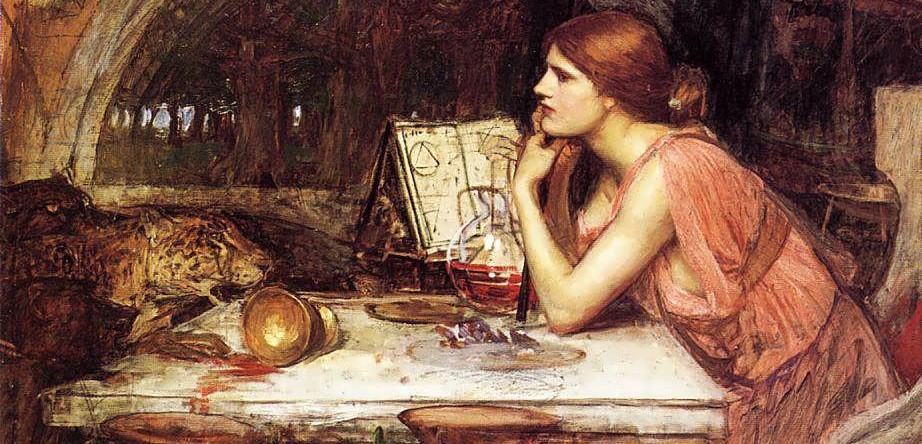
Tao Te Ching by Laozi (there’s a translation by Ursula Le Guin, and many others besides) — 4th century BCE
Maybe also Art of War, by Sun Tzu (5th century BCE).
Both very influential works in Chinese philosophy and literature.
RedSails editor. she/her.

Tao Te Ching by Laozi (there’s a translation by Ursula Le Guin, and many others besides) — 4th century BCE
Maybe also Art of War, by Sun Tzu (5th century BCE).
Both very influential works in Chinese philosophy and literature.


I agree with another poster that more recent writers can be easier entry points into theory because the authors translate it in ways that highlight ML theory’s relevance to today and recent history. As the other poster mentioned, Parenti’s Blackshirts and Reds is good on breaking through cold war nonsense about the USSR, there’s a couple chapters online here. Losurdo’s Liberalism: A Counter history dissects the dominant ideology of our time. There’s a short summary of that book by the author here.
No one here has yet tackled the question on how important it is to read Capital: I think it’s crucial. There are so many concepts it lays out and arguments it refutes that it makes reading other theory much easier. I think of Lenin’s Imperialism as a sequel to Capital, so it makes sense to me you find it challenging to read. That said, Capital is also challenging to read and it might help to familiarize yourself with some of the concepts it covers before you tackle it. Here are some (mostly short) essays for that purpose.
I’ve posted a lot of links from RedSails because it was started for this purpose: to make theory accessible and demystified and relevant for today. If there’s a topic or author you want to read more on, it has curated articles for those ends.
I’ll end with my favourite Lenin, which I think highlights why we can’t “go back” to some better time before capitalism but must go through capitalism to socialism.
After you read it, you might like this essay: https://redsails.org/maoist-and-daoist-dialectics/
It looks at the influence of Daoism and The Art of War on Mao’s dialectics, and compares this eastern development of dialectics with the branch of dialectics that evolved in the west (eg Hegel, Lenin). (Though obviously these developments weren’t fully independent.) It was a really helpful essay for me for understanding dialectics.